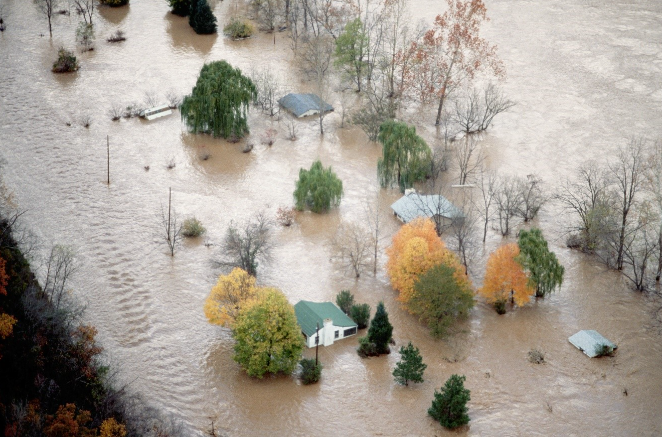Significant recent declines in primary sector commodity prices for milk and red meat have coincided with on-farm cost inflation exceeding 16% - while recent North Island weather events are still significantly impacting production and recovery. All this paints a challenging picture for many New Zealand farmers in the short to medium term.
So what levers can farmers pull in helping alleviate some of these financial pressures - and associated negative wellbeing? This first article in our series exploring these levers, looks at the role which Inland Revenue’s Income Equalisation Scheme can play in helping farmers stay ahead.
How does the Income Equalisation Scheme work?
Income equalisation schemes allow farmers, fisher, growers and foresters to even out fluctuations in their income by spreading their gross income from year to year.
We all know that farming is subject to cyclical, climatic and economic variability - more than most other industries. The Income Equalisation Scheme is designed to even out fluctuations in farmer income by spreading their gross income from year to year. By transferring income from a high income year to a low income year, the Scheme helps smoothen out the tax burden on farmers.
In a normal year, usefulness of the Income Equalisation Scheme is very limited because farmers need to deposit the income with Inland Revenue for a least a year - all the while paying interest to the bank on the money deposited. However, in certain circumstances, the funds can be immediately withdrawn. This includes farmers impacted by the recent North Island weather events (eg. the January floods and Cyclone Gabrielle), or by financial hardship.

Farmers impacted by North Island weather events
Farmers affected by North Island weather events can request an immediate withdrawal of funds, transferring income from the 2023 tax year to the 2024 tax year. For many farmers, the 2024 tax year may be a loss. This can result in the 2023 tax liability being deferred indefinitely until profitability returns.
Farmers impacted by financial hardship
Farmers not affected by the North Island weather events can still request an immediate withdrawal on the grounds of ‘serious hardship’, although the ability to withdraw early is less certain. Inland Revenue has stated that serious hardship would include a situation where, if the refund were not made, the future farming operation may be seriously jeopardised, or the farmer and their family may suffer significant hardship. Examples of this could include the need to dispose of breeding stock or being unable to undertake essential farm maintenance. Inland Revenue considers that deferring the application of fertiliser for one year would not seriously jeopardise future farming operations.
Factors likely to count against an early refund to avoid serious hardship include;
-
availability of alternative and more traditional sources of credit, and
-
intention to spend the early refund (or resulting savings) on items other than maintaining the farming operations or a low debt profile (eg. buying a new vehicle or spending more than is reasonable to upgrade machinery).
Farmers should seek specialist tax advice in relation to early withdrawals from the Income Equalisation Scheme. For more information and advice on how to leverage the Scheme in your business, please reach out to your adviser or the BDO Agribusiness team.